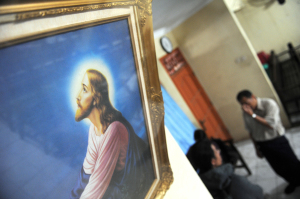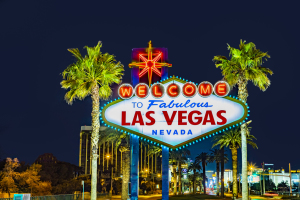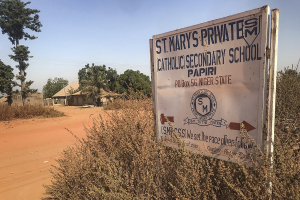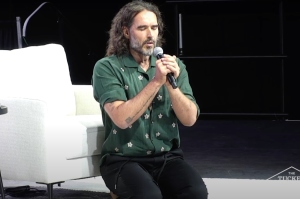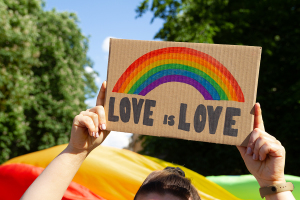The little known case that led to gay marriage and abortion
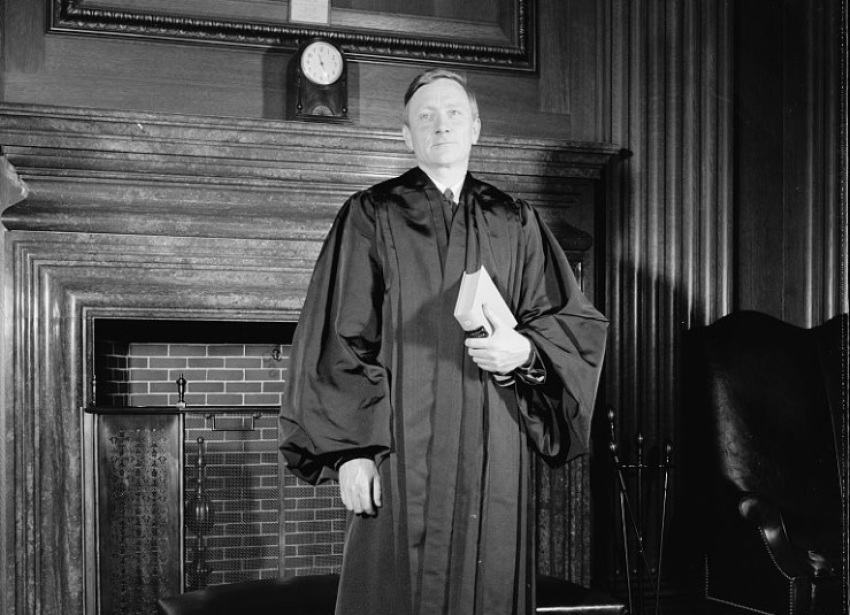
While last week's leaking of a draft U.S. Supreme Court opinion on abortion triggered protests over fears the high court could soon overturn the 1973 Roe v. Wade decision, the draft authored by Justice Samuel Alito also referenced a sometimes "overlooked," yet very influential case.
Known as Griswold v. Connecticut, the 1965 case centered on a legal challenge to an 1879 law in Connecticut that banned the use of contraceptives, even for married couples. The law was challenged by Estelle Griswold, the head of the Connecticut chapter of Planned Parenthood, and C. Lee Buxton, a gynecologist who had opened a birth control clinic in New Haven.
In a 7-2 ruling authored by Justice William O. Douglas, the high court struck down the law, concluding that a “right to privacy” existed in the Constitution, albeit not explicitly.
“The present case, then, concerns a relationship lying within the zone of privacy created by several fundamental constitutional guarantees,” read the majority.
“And it concerns a law which, in forbidding the use of contraceptives rather than regulating their manufacture or sale, seeks to achieve its goals by means having a maximum destructive impact upon that relationship.”
The case has been cited in several other high-profile Supreme Court rulings throughout the years.
Rob Boston of the progressive group Americans United for Separation of Church & State, wrote in 2019 that Griswold was “an important, if sometimes overlooked, ruling that definitely touches on issues of church-state separation.”
“The right to privacy outlined in the decision gave Americans a powerful shield to fend off intrusive actions by conservative religious groups determined to meddle in our most intimate affairs,” wrote Boston.
The following page highlights five notable Supreme Court cases that cited Griswold v. Connecticut in their majority opinions. These include decisions regarding abortion, homosexuality and same-sex marriage.















